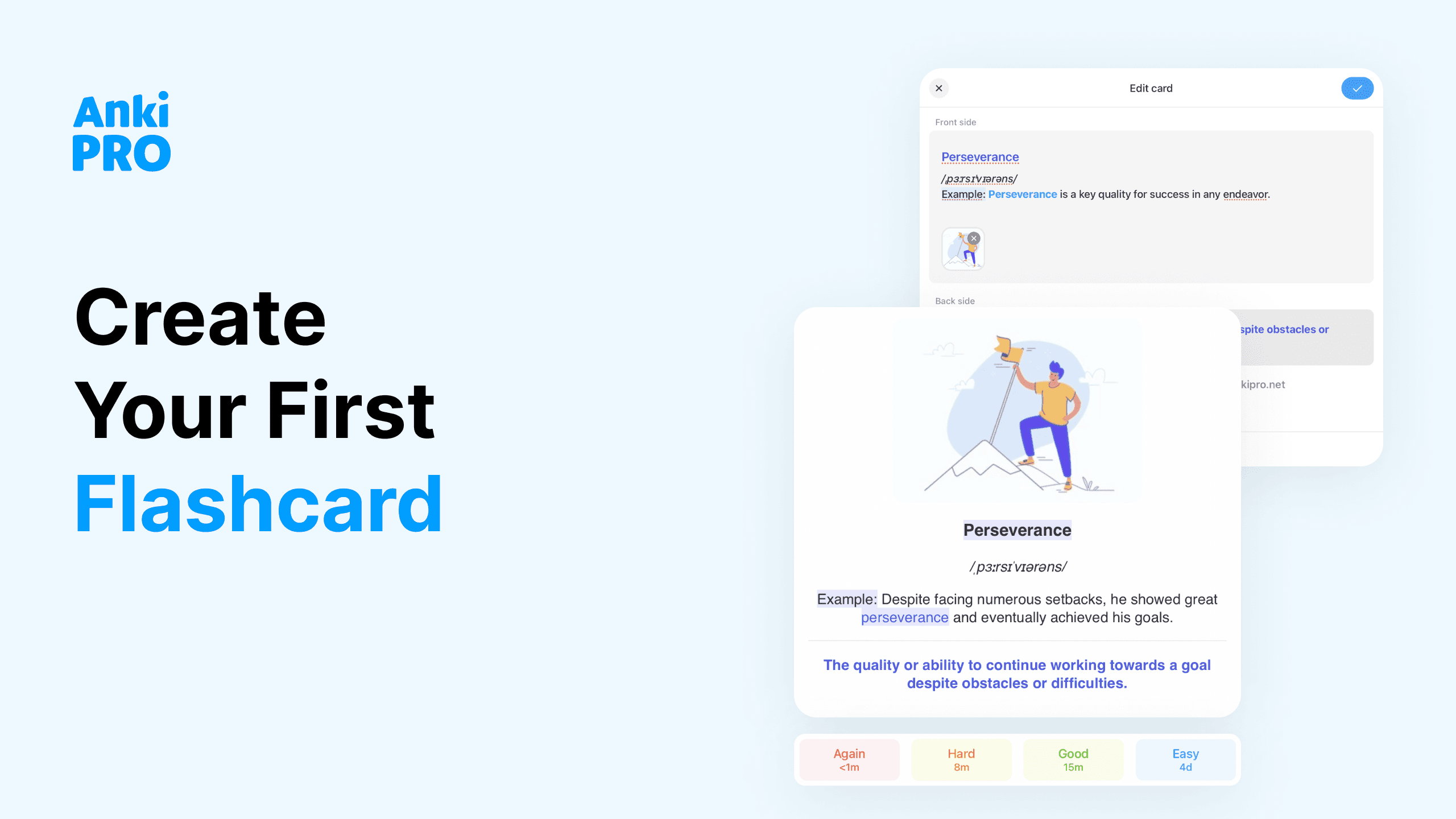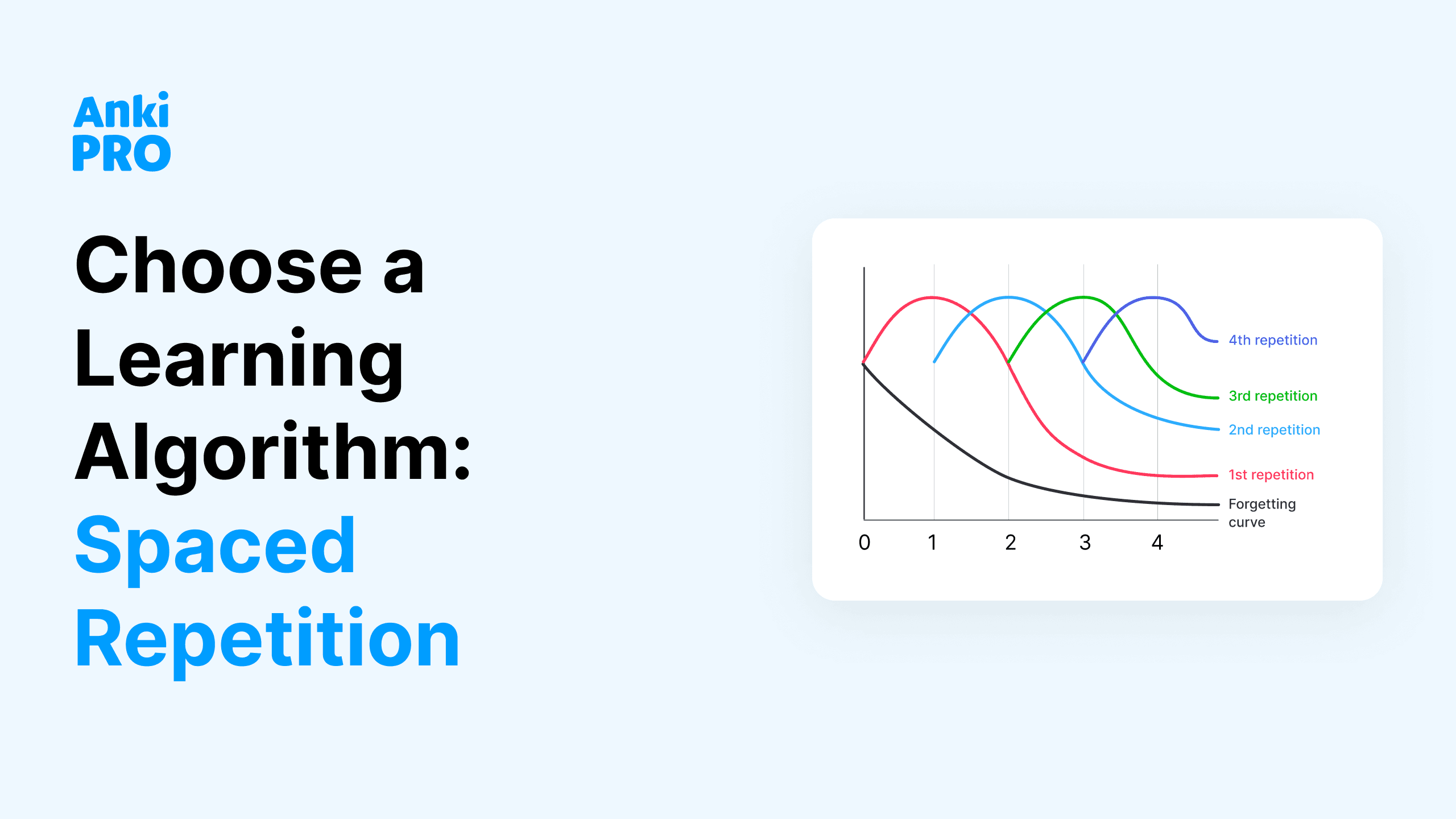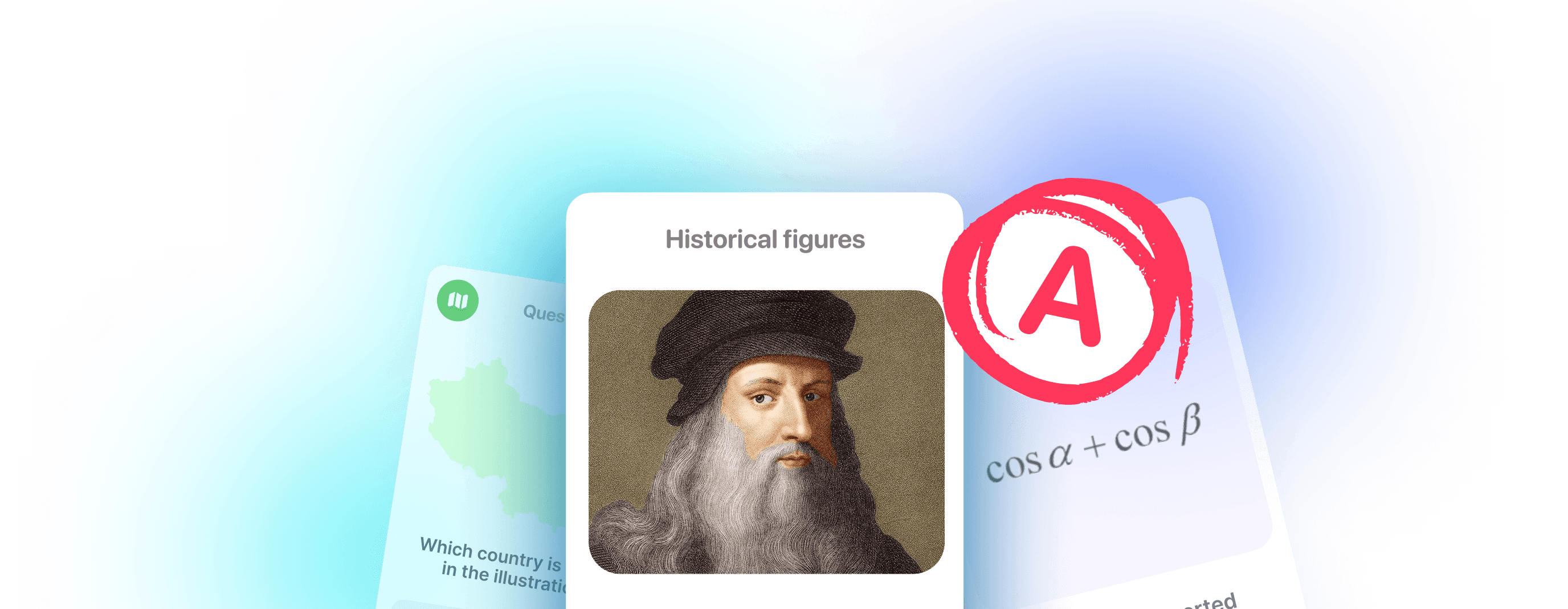Imagine unlocking the full potential of your mind and achieving everything you’ve ever wanted. It’s within your grasp, and often, you can almost taste it. What typically hinders you from achieving your ultimate goals is often a lack of concentration. Mastering the art of focus provides a serendipitous change in all spheres of life. Welcome to the practical world of concentration, where the flow state gets real!
What Is Concentration?
Сoncentration is a segment of time in which you can be in the here and now, aligning both your body and mind. And how long you can keep these two in sync determines the length of your focus.
Yes, that goddamn here and now again, you might think, but essentially there’s nothing bad about this equation, except for one thing: nobody tells you how to do it. Concentration is unaffiliated with any trends, religions, sects, personal preferences, or beliefs, making it the world’s most neutral practice. Following strategies from this article, you’ll get closer to unlocking the so-called flow state.

Why Practice Concentration?
The staggering truth? The average person’s attention span is a mere eight seconds. Researchers have shown that we’re not owning our time the way we think we do. You can’t even stay fully focused watching a 15-minute video, not to mention concentrating on important projects requiring your full commitment.
Our anxious minds keep us in a constant state of chaos, jumping from one thought to another. Consequently, we are “absent” from our lives, losing the significance of our actions.
In our hyperconnected, distraction-laden world, mastering the art of concentration is akin to acquiring a superpower. Concentration serves as a mental sobering agent. It sharpens your perspective on life’s hurdles, both internal and external, and brings clarity to your surroundings and actions. But the true reward is achieving peace of mind, now considered a valuable currency.
The Focus Training Exercise
The following exercise was developed by a former Buddhist monk turned into brain researcher and business consultant. Its magic is not instant but it does work wonders to the brain’s ability to concentrate on a task.
- Find your personal space. Begin in a private room. Although the great outdoors can be inspiring, it might also be too stimulating for beginners. A controlled indoor environment allows for fewer distractions.
- Stay present and observant. Immerse yourself in your surroundings. Notice the details – the objects, textures, and colors around you. However, do this without letting your mind wander to the past, the future, or into daydreams. The goal is to absorb the present moment as it is, not as it relates to other times or fantasies.
- Monitor the duration of your focus. Use a stopwatch or timer to keep track of how long you can maintain your focus. The moment you find yourself fully distracted, stop the timer. Initially, managing even two minutes of uninterrupted concentration might be challenging, but this is totally normal in the early stages.
The task here is simple yet profound – to be fully aware of your current environment. You’re training yourself to be anchored in the ‘now.’ Initially, distinguishing between the present and your thoughts about the past, future, or imaginary scenarios can be tough. The key is to keep trying and commit to a daily practice. This process of slowing down and being intentional with your focus is foundational in enhancing your concentration abilities.
Now, give in to that feeling of resistance, because we’re about to dive even deeper.

Phases of Practicing Concentration
The first phase of concentration training can feel like a miserable attempt to master your thoughts. You sit down feeling your brain struggling, start to absorb your surroundings, and suddenly, a thought grabs you. You don’t even realize how or what exactly happened, and before you know it, you’re lost in a concept unrelated to the here and now. You can’t even pinpoint the exact thought that initially pulled you away from the present moment.
It’s a realization that you’re not in control but rather in a body that seems to have a life of its own, with thoughts scattering across your mind like wild animals in a forest. Yes, it’s a painful truth to admit, but don’t let that get you down. We practice the ability to concentrate to harmoniously align the body and mind in the present.
The second phase is more intriguing: during concentration, a thought arises, and you notice it. Even though resisting it feels beyond your capability, you manage to mark the moment of awareness.
Consequently, the third phase arrives when you somehow learn to control this process. The spontaneous thoughts, those alerts from your reptilian brain, can no longer ambush you so easily. You start to maintain your boundaries, keeping your focus on the original intention of the exercise. Even more difficulty.
Then comes the fourth phase of deep focus, where you can hold several pending thoughts at once, creating what’s called an “attention dome.”
Metaphorically, these thoughts exist as open pages on the screen of your attention, but your focus remains on the main page because the intention to maintain focus prevails.
Meditation vs. Concentration
Don’t confuse the exercise above with numerous meditation techniques. Meditation is an active absence, while concentration is an active presence.
In meditation, the aim is often to transcend regular thought patterns and achieve a state of mental quietude or awareness without specific focus, which can be seen as an ‘active absence’ of the usual mental chatter.
In contrast, concentration is about actively directing and maintaining attention on a particular subject, which can be seen as an ‘active presence’ in the cognitive process.
The Concentration Perks
Exercising your focusing skills is also incredibly beneficial for relaxing the unpleasant bad guys that always get in the way, like the inner critic and perfectionist. While one second guesses everything you do, the other dwells on different types of unimportant tasks and errands.
Ugh, those little monsters are always busy dissolving your attention’s full potential that could be used to achieve your most exciting goals and life aspirations. They are your distractions, too!
Another equally important bonus of focusing is the increase in energy level. For example, similar to computers in the early 2000s, having a lot of background windows open isn’t optimal for operational memory. That’s why many people feel immense mental fatigue by the end of the day.
With the help of the provided focus exercise, you’ll not only enhance your focus but also experience true relaxation at the level of the mind, body, and emotions.
15 Bonus Tips to Improve Your Focus
Connecting the fruits of your practice to the actual projects and goals is key, too. Here are some general tips – a sort of checklist – to ensure that your habits and environment align harmoniously with your goal of maintaining focus.

Set priorities
To-do lists are ok, but they just add to chaos if you don’t understand your main focus, or action that has the most impact on your success. Sometimes focusing on just one important task as a strategy is a way to strengthen the power of will, as well as your focus.
Stay away from distractions
If your guilty pleasure involves compulsively checking Instagram, consider leaving your phone in another room, breaking the cycle, and so forth. Exercise that mental muscle responsible for not getting easily distracted.
Stop using information as a drug
Endless scrolling and constant stimulation shut down your inner voice, and you don’t want so many cooks in the kitchen of your life. You already know how to do your best. And of course, ignore sources that make you feel bad, even the breaking news.
Don’t worship multitasking
The bad habit of juggling tasks is the great enemy of your ability to keep sustained attention, among other factors like stress and distractions. The principle of one task at a time is a quick tip to stay focused and increase concentration.
Optimize your sleep
The magic of just getting enough sleep contributes to clearer thinking and improved focus. You need to replenish those mental resources and make it a priority. Sometimes all that it takes for better brain health is to improve sleep, no matter how boring it sounds to you.
Create a cozy workspace
Having a specific area for work can help your mind associate that space with focus and productivity. First steps? Make sure your chair is comfortable enough and consider getting a few fancy candles.
Stay mindful
Regular meditation can enhance your ability to concentrate on the present moment. However, practicing mindfulness might look different. For example, you can make 5-minute breaks to listen to the silence, or do what you do but two times slower.
Use concentration aids
Tools like focus timers or ambient noise apps can help keep you on track. Background music apps might affect your performance greatly, too, helping you to stay focused more effortlessly and for a longer period.
Break tasks into smaller steps
Large tasks can be overwhelming. Breaking them down into smaller, manageable parts can help maintain focus. A single task is not that scary, even if it’s part of a much bigger project.
Take regular breaks
A short break between work or study sessions can prevent burnout. This strategy keeps your performance high by maintaining your ability to concentrate. When you notice your mind wandering, ask yourself if you need a little break.
Set realistic goals
Ensure your goals are achievable and aligned with your abilities. Sometimes a supposed success creates a feeling of constant struggle, increasing anxiety and making it even harder to concentrate on your current task.
Exercise regularly
Physical activity can boost brain health and help to stay focused. By the way, a quick set of pilates exercises is a perfect validation for a short break. Doing sports teaches the brain to focus the right way when the body and mind work together.
Reflect on your progress
Regularly assess how well you’re maintaining focus and make adjustments as needed. Develop your strategies for doing that. Examples might include digital task managers or good old journaling methods. The goal is to get aware of what you do and why, what works and what doesn’t.
Stay hydrated and eat healthy
Proper hydration and a balanced diet play a crucial role in maintaining the cognitive function needed to complete tasks. Dehydration and poor nutrition can decrease your ability to stay focused, which is creepy enough not to take proper care of your body.
Learn to say No
Avoid overcommitting yourself. Being selective and critical about your commitments allows you to dedicate more focus and energy to truly important tasks. This helps in reducing stress and enhances your ability to concentrate on your priorities.
Your Focus Is Your Power
“A concentrated thought will accomplish seemingly impossible results and make you realize your finest ambitions.” – William Walker Atkinson
Concentration, the power of staying focused on a task and indifferent to distractions, can completely change your life.
Hopefully, you’re finishing this article already being inspired to exercise. To expand the time of your quality presence.
Let your new skills level up your productivity and boost all spheres of life.
Remember your brain is a flexible and marvelous machine, and your will is stronger than you imagine. Find what drives you, keep this image in mind, and act accordingly.
Focus your attention on tasks that bring you joy and align with your higher life goals. Embrace strategies that resonate with your authentic self, enhancing your unique strengths and passions. This alignment not only improves focus and productivity but also fosters personal growth and fulfillment.
In doing so, you cultivate a life that is not only productive but also deeply meaningful and satisfying.
Remember, the true power of concentration lies in its ability to connect a little task to your larger vision, creating a harmonious and purposeful existence.









